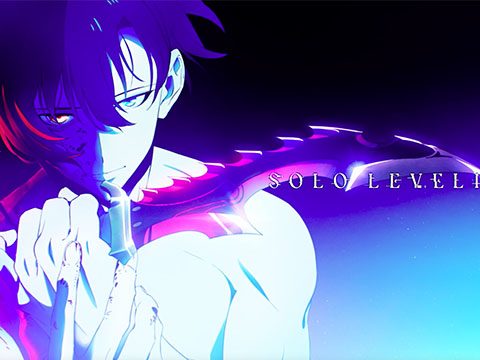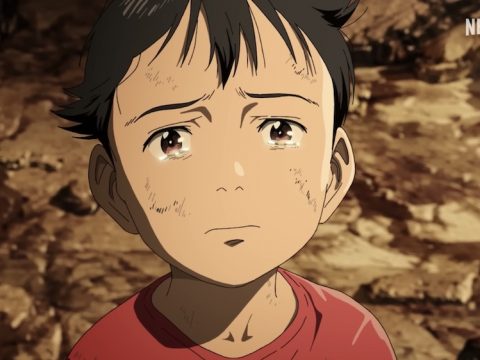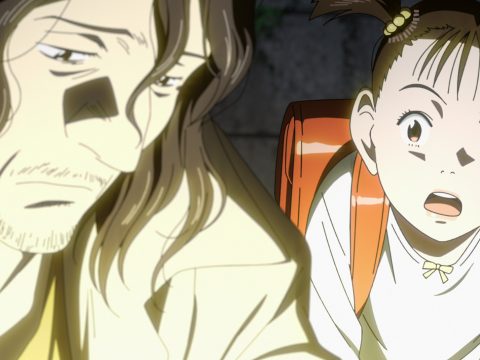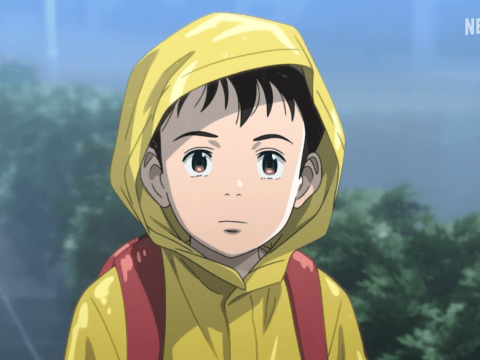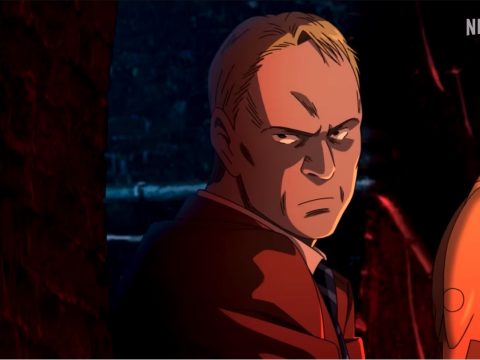As the tale of Naoki Urasawa and Takashi Nagasaki’s Pluto branches out and more characters emerge, the spotlight is beginning to shift and expand, ushering others toward center stage and crafting an ensemble piece of mystery and taut suspense. Thus, Inspector Gesicht gets in the backseat for a while as more layers unravel. That’s not to say that the authors lose focus on their lead man, because it all comes whirling back around eventually, but other perspectives are thrust to the forefront in the interim.
One of the more intriguing additions is the plight of Adolf Haas, a family man that spends his free time in the company of a group known as the KR. Donning pointed hoods, the men behind these masks are the robot-hating equivalent of the KKK, holding secret meetings and chanting for the abolishment of robot rights, robots on the police force, and other robo-bigoted belching. Adolf soon sets his eyes on Gesicht as a target of personal revenge, but his and the KR’s involvement with everything that’s transpiring seems to burrow much deeper than initially suspected.
At the same time, the threat of Pluto itself casts a more menacing shadow than ever before, and it’s in these volumes that the titular whirlwind finally makes an appearance. The impact this has is a testament to the way suspense has been built up since the beginning. Pluto is by no means a slow read—it’s actually rather brisk, all said—but they take their time steering the audience and controlling the flow of information. It makes it worth the wait, and it gives more meaning to whatever the end result of each tension-building arc happens to be.
Urasawa’s cinematic style only grows more potent as the series progresses. Realism plays a big part in this, but it’s most effective in the way he reveals key plot elements, both in the content of the reveal itself and the consequent reactions of Pluto‘s principle characters. A ton of care is put into even the slightest change in facial expression, conveying a spread of emotion without constantly relying on dialogue or flailing exaggerations. Appropriately, it’s more or less the opposite of Osamu Tezuka’s style as implemented in Astro Boy and beyond.
The series as a whole isn’t without fault, though the weight of the following minor caveat depends on how much one enjoys fairly thin allegory. Pluto, in the context of its 2003 release, peppers the storyline with attempts at relevancy through direct metaphors to the Iraq conflict and, more specifically, the notorious search for weapons of mass destruction. However, it’s less effective when the authors reference every country by name except for the US, which is referred to as the United States of Thracia.
Perhaps that’s the point, and by no means does it take away from the story, it’s just a bit forced and uninspired. Pluto is otherwise flat-out incredible and should be required reading, not just for fans of comics, but for fans of solid, absorbing stories. As a reimagining, it goes above and beyond the call of duty, and there aren’t many other series out there that can get me clamoring for the next set of chapters like this one does.
Publisher: Viz Media
Story: Naoki Urasawa with Takashi Nagasaki
Art: Naoki Urasawa
Rating: T+
©2005 Naoki URASAWA / Studio Nuts, Takashi NAGASAKI and Tezuka Productions


